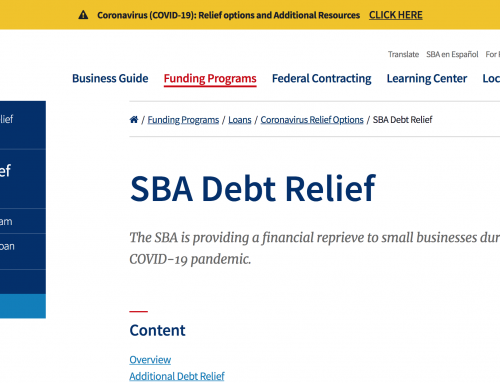Podcast: Play in new window | Download
Subscribe: Apple Podcasts | RSS
Welcome to the wild world of financing for San Francisco start-ups! This is the conclusion of our three-part series with the Bend Law Group. I was joined by Alex King to talk about small business financing from Idea to Unicorn (a billion dollar company).
Alex’s ideal client at Bend Law is a small business owner or entrepreneur who is looking to evolve and grow. They might have 50 employees and a couple owners already, they might have a small start-up, but the key quality is that they’re looking to plan for the future.
Financing is the lifeblood of business. Whether it’s a start-up looking for 10X growth or a small business that’s happy with steady progress, raising money from great investors is how you get there. Want to learn about financing and its legal ramifications? This episode has you covered.
If you haven’t heard the previous episodes in this series yet, check out Part I with Doug Bend about business entity structures and tax implications, and
In this episode…
- Business entity formation and the implications of that choice on raising funding for your new business
- Ownership, partnership, and equity: who are your investors, and what do they want?
- The trade-offs of the S Corp: tax benefits, but investor drawbacks
- A word association game! John names a business entity structure, Alex describes its associations in terms of financing
- A case study about a bike shop in LA that recently raised around $250,000 with Alex’s help
- What kinds of due diligence materials a company needs before raising a round (compliances, term sheets, disclosures)
- What are the legal costs and fees associated with raising investment? How much should the company budget out of the round?
- What can go wrong if you don’t file your documentation properly
- Guaranteed payments to investors and when those come into play
- When fundraising terms can be renegotiated
- What accredited investors are and how they change the investment rules
- What start-ups should be thinking about from the moment of inception
- Where valuations and share prices play in, and what the lawyers’ roles are in them
- John and Alex role-play a consultation about raising funds for Accounting Play
- Why Delaware C Corporations can have an easier time raising money
- What levels of equity make sense to give to early employees
- What the various kinds of stock options are, and which ones are right for which people
- What a convertible note is and how it might fit into your business’s growth early on
- How the inherent risks of start-ups might affect investors
- The realistic timeframe for investors to make their money back (through an IPO, another big round, or whatever kind of liquidity event)
- Who owns how much of the company after all this stuff
Links
- Bend Law Group website
- Email Alex or connect with him on LinkedIn






Leave A Comment